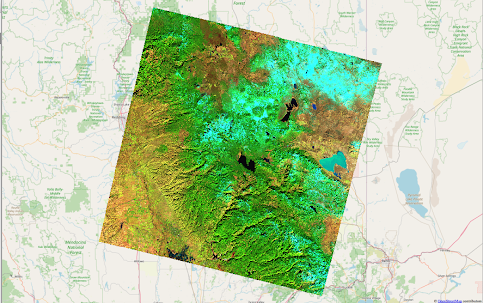Startups and the Market for Geospatial Data and Remote Sensing
The geospatial and remote sensing sector has exploded in the last five years and is poised for even more growth over the next decade. In the initial years, companies in this sector were pretty niche - with customers that were primarily in government and the military. And then, as computing power became cheaper, satellite and drone costs decreased to a fraction of what they used to cost and other uses of remote sensing and spatial data were discovered, the sector exploded with new startups entering the field and larger companies expanding their offerings. In fact, the market in geospatial data and remote sensing is expected to double from $53 billion in 2019 to $110 -$134 billion by 2025 at an annualized growth rate of ~15%. It’s a global market, with the United States being the largest player so far with 40% of the market, closely followed by the European Union. The rest of the world is also growing rapidly, with India, China and Argentina being the leading m...

